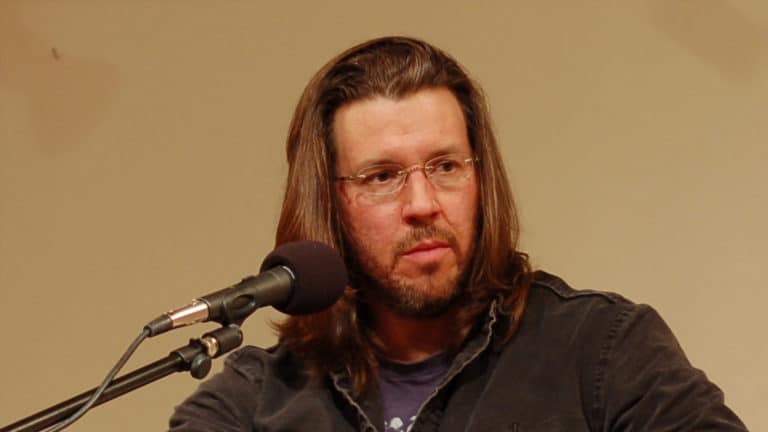You’ve got the words. They’re swirling around in your head all day – all night for the more unfortunate among us. You’ve probably got an idea about what to do with those words, a story that’s been sitting in your head for weeks or even months, and you’re sure that whenever you access it, it will come forth, shining and beautiful. You’re sure of this at your core or you’d jettison all those words, forget it, take up basket-weaving. No, the story is there. A cop filling out a ticket with a shadow behind him, a girl on a bike with an odd-shaped bundle, your parents hiding an envelope in a drawer you’ve got the key for. The not-quite-articulate surrounds this idea but when the time comes, you’ll find the words, you’ll tip your head over the keyboard and a stream of text will appear on the screen. Words will runneth over the top of your brain in a rush on the way to story, and then this order of words will call forth another rush of words, each one chained to the next, a fingerprint and then fingerprints of the swirl in your head, the idea made of words that makes itself into story.
You have all the material you need in your head because you have processed emotion from the life you have lived. There is no excuse for writer’s block. But what about unprocessed emotion? You can’t write a story about a divorce while you’re filing for one. Few can take notes at a funeral. Some parts of life are not yet accessible; they are still in the lived moment, not ready for recollection. Re-collection: picking out the bright bits from the brain swirl that make up the story. Only after the words have collected and settled does the story proceed, one word after the other, one related to the next. Then comes the reader’s judgment: Is there a place for him in the story, or is the story closed off from him, with too much assumed, too little explained? Are there enough bits to persuade the reader that the story has the same power it did over you?
If you must, take notes when the emotion is high. Who said what, when, how. You might even try for a bald sentence or two. But coming out of the crucible of feeling usually produces stark banalities. The richness of the conflict or the union only becomes apparent when the writer steps back. Otherwise, the writer is stuck to the situation and can’t be of much use to anybody else. When he emerges from that crucible, beaten or refreshed, he will be changed in ways that inform his writing, with wisdom, or regret – and definitely passion.
Writers find it hard to resist working at the heat of the moment. But at that point, the mind is trying to heal or celebrate, and it will often shut down, causing the writer to forget what exactly was at stake at what moment. Raw sensory detail – there is so much of it – can overload the brain until there’s nothing left but fear or love or hate. Not a flower in the room, and nobody else there but the narrator –hardly even the lover. The writer has to compose himself. The musician scatters her notes on a score in a pattern, and only then does the music follow.
All those words swirling in the brain are the sparks from a passion that has passed. Don’t worry if you don’t dive into writing about that passion right away—the sparks do not disappear. Even if you write something that is far, far from the precipitating emotion, your story will reflect it. The ashtray he threw at you becomes the blue vase on the mantelpiece that breaks, your infant’s first light touch are the tiny feet of the robin that lands on your hand. All your stories will burn from the ashtray or the infant’s touch, not just the story of the blue vase or the birds. And one day, when you tip your head toward the screen, you may find that all the pieces to that particular passionate moment have finally collected and settled, and you are at last ready to put the whole story down. But by then, you’ll have processed enough of it to have a perspective that can be shared – you’ve composed yourself. The reader will be moved.





















